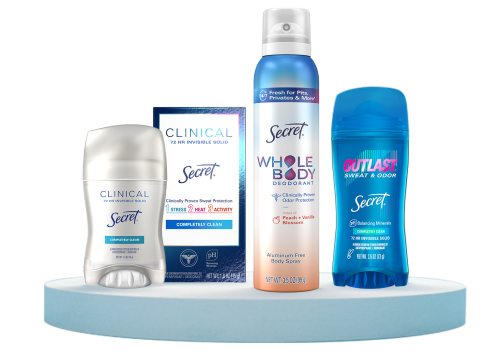The latest phase in inflation is “upflation”. Unlike “shrinkflation” where higher prices forced consumer goods manufacturers to shrink the packaging size of their products, “upflation” relates to higher prices for everyday products branded and marketed for different uses or consumers.
Companies like P&G, Unilever, and Edgewell Personal Care are marketing these items in hopes of making up for the lost revenue as shoppers – fed up with surging prices for basic goods – have cut back spending on items such as razor blades, shampoo, laundry detergent, and deodorants.
Gillette is marketing a “Venus” razor that is used for “pubic hair and skin” which is “specifically designed to help protect” women’s bikini lines from irritation. Each pack can cost up to $15 for four razors — up from $10 for the traditional razors.
Unilever conducted a survey which found that 15% of Americans sought a whole-body product for odor while research by the Dove Men+Care line concluded that 76% of men would try a whole-body deodorant, while only 2% were current users.
Manscaped has been marketing special grooming equipment for men, including personal groin trimmers that it has compared to toothbrushes – noting that “everyone needs it, no one wants to share it.”
P&G is also marketing complementary items such as “pubic hair and skin smoothing exfoliant” and “2-in-1 cleanser and shave gel” — charging as much as $13 for a six-ounce tube.
According to Bloomberg News, P&G posted higher than expected sales in its grooming division — a trend that the company partly attributes to the popularity of its total body shaving and hair removal products aimed at intimate areas.
Inflation for personal care products soared over the course of the last two years. In 2022, prices were up 6.08%. Last year, they were up 7.58%, according to federal data. According to the most recent consumer price index report, the price of personal care products rose 1.3% in May year-over-year but fell 0.3% compared to April.












